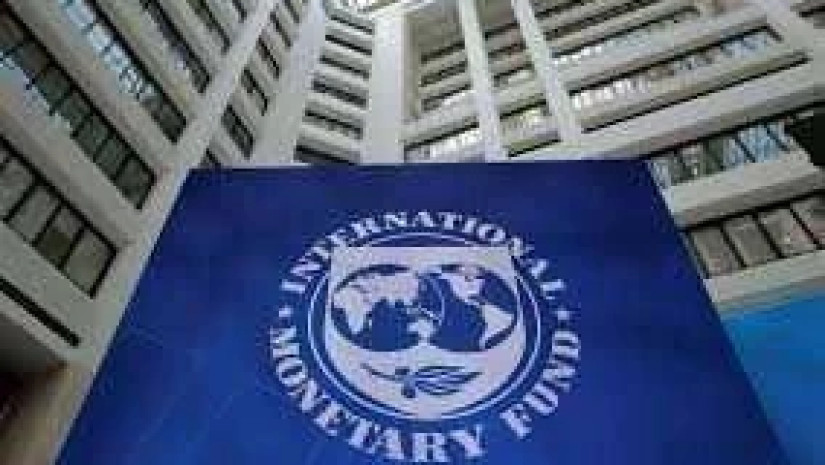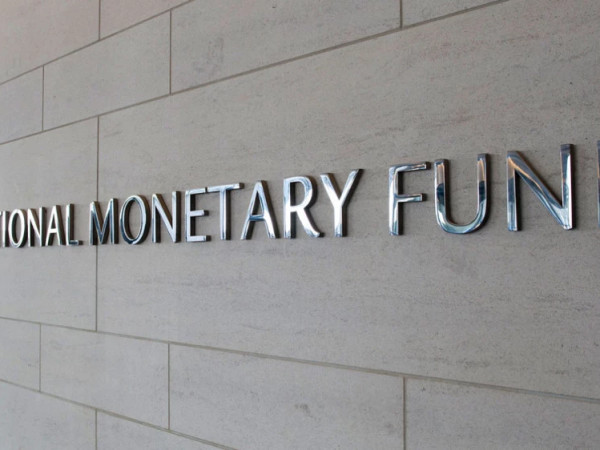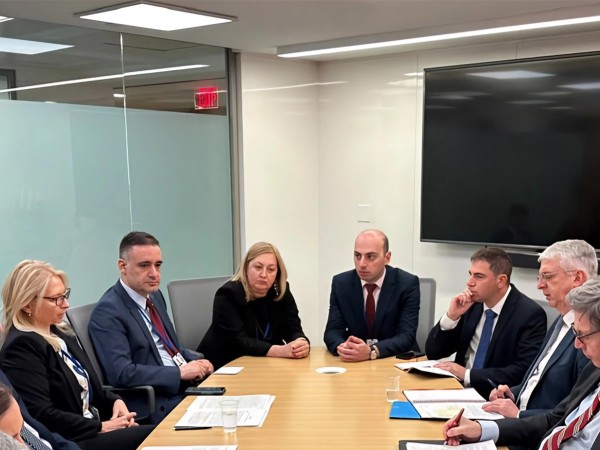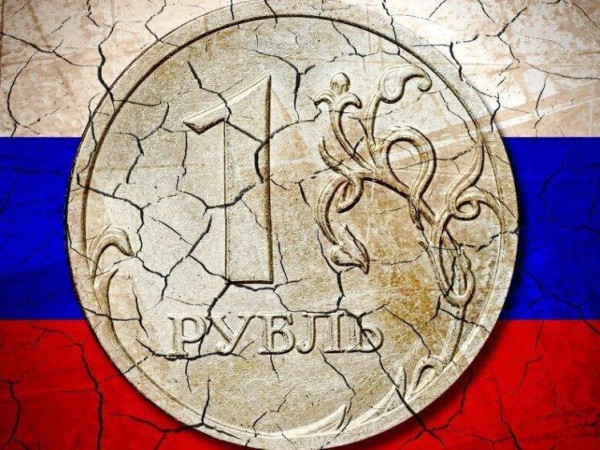Looking ahead to 2021, while growth should resume in most countries, the outlook will continue to be challenging - the Director of the Middle East and Central Asia Department Jihad Azour writes in a recent blog on IMF website.
With his co-author Joyce Wong, Azour highlights 5 main points that need to be taken into consideration while looking forward towards the recovery.
These are: (1) weak oil demand and large inventories that are likely to remain concerns for oil exporters, and while OPEC+ agreements helped stabilize oil prices, these are expected to remain 25 percent below their 2019 average; (2) the threat of economic scarring—long-term losses to growth, employment, and incomes that is a key concern - In particular, as estimated by the IMF, five years from now countries could be 12 percent below the GDP level expected by pre-crisis trends. What’s more, for countries that depend heavily on the battered tourism sector, both baseline GDP and employment could go down by 5 percentage points this year, with effects lingering over the next 2-5 years, while poverty could rise by more than 3½ percent in 2020 if remittances do not rebound - the IMF forecasts; (3) the pandemic that will exacerbate the daunting challenges faced by fragile and conflict-affected states and could increase social unrest. According to the IMF, poor living conditions among refugees and internally displaced persons could also increase the risk of COVID-19 outbreaks; (4) as the IMF highlights, in many countries fiscal deficits and debt have increased by amounts not seen in two decades, leaving the region vulnerable to a resurgence of the virus given the likely increased spending needs and lower tax revenues. Rising deficits will also boost financing needs in the region by a median increase of 4.3 percent of GDP- the IMF estimates and (5) the crisis that has also heightened corporate default risk and credit risk for banks in the region, with potential losses that could amount to $190 billion or 5 percent of GDP.
The IMF believes that if unaddressed, these developments may threaten financial stability and constrain the endeavor for greater financial inclusion. "At the IMF, we stand with the Middle East and Central Asia as it continues to save lives and begin the recovery. In addition to policy advice and technical assistance, $17 billion of new financing has been extended since the beginning of the year, including $6 billion in emergency support to 10 countries spanning both the MENAP and CCA regions. As a result, IMF’s credit outstanding to the region increased by nearly 50 percent. Our support will continue during these challenging times" - write Azour and Joyce in an IMF Blog.
You can watch an exclusive interview with the Director of the Middle East and Central Asia Department Jihad Azour in The Checkpoints on Sunday, October 25 at 10:00 pm















